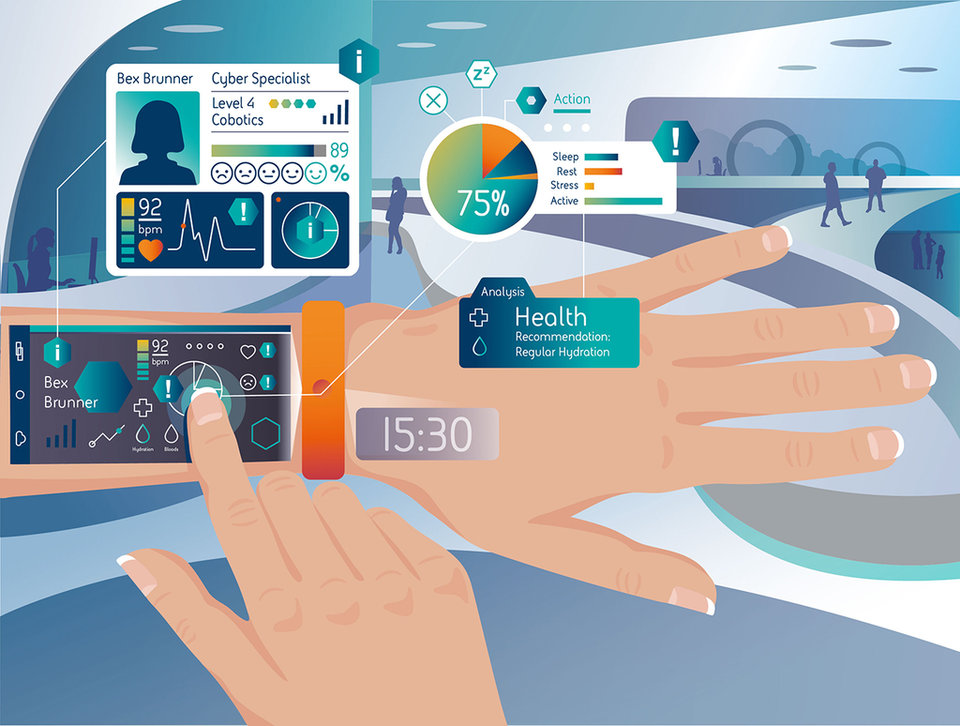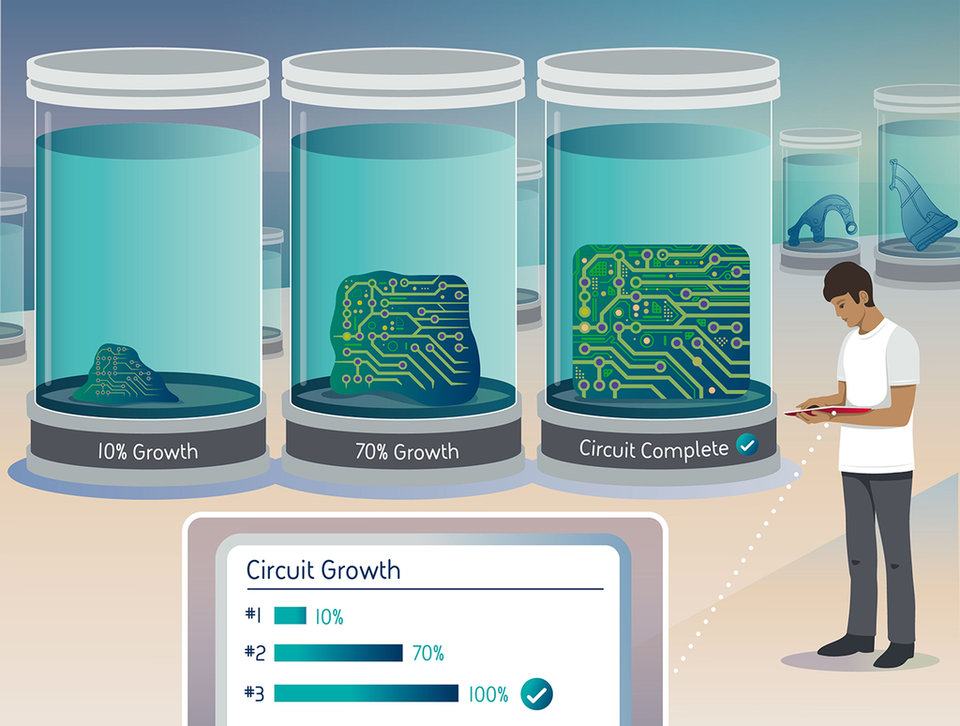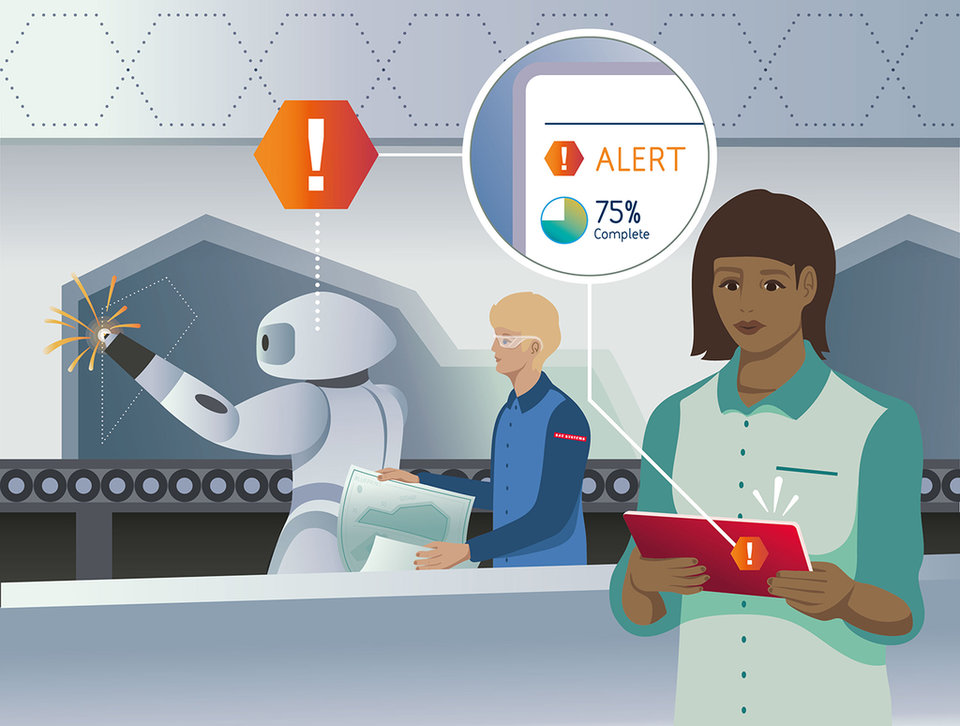FEature Future workforce
Careers of 2040: three jobs of the future, according to BAE Systems
Technologists at BAE Systems have identified three jobs that today’s young people could be doing in the near future. Talal Husseini asks what skills and education centennials will need to work as human e-sources managers, systems farmers or AI translators in 2040.
Technologists at BAE Systems have identified three jobs that today’s young people could be doing in the near future. Talal Husseini asks what skills and education centennials will need to work as human e-sources managers, systems farmers or AI translators in 2040.
New research from BAE Systems has revealed that three in four centennials want more information on the jobs of the future, while one in two young people are worried about whether they are getting the right training for their future career. Off the back of this survey, BAE technologists have attempted to shed some light onto careers of the future, and came up with three jobs that they predict to be commonplace in 2040.
Above all, BAE predicts that candidates trained to use digitally disruptive technology such as artificial intelligence (AI), wearables, and synthetic biology will be in high demand over the next 20 years.
“It’s crucial young people develop the skills that will be needed to accelerate this industry change in the coming decades,” says Dr Rhys Morgan, director of education and engineering at the Royal Academy of Engineering. “There are a variety of roles in engineering – and a huge range of possibilities in STEM (science, technology, engineering and maths) careers – which will be available in the sector in the near future.
“Preparing for the STEM careers of the future can only be beneficial for today’s school leavers and apprentices. While working with AI and wearables may not be commonplace at the moment, it’s fair to say that in 20 or 30 years’ time the UK will need engineers who are well-versed in these technologies.”
So what skills and education will young people need to become a human e-sources manager, systems farmer or AI translator?
So what skills and education will young people need to become a human e-sources manager, systems farmer or AI translator? Here we take a look at their possible future job profiles.
Click or tap the images below to find out more about their possible future job profiles.
We are hiring!
Human e-sources manager
About the role
As a human e-sources manager, you will be trained in the use of smart wearables or e-textiles to analyse an employee’s performance and wellbeing.
You will be able to extract and analyse large amounts of data that is constantly transmitted from an employee’s wearable device, measuring data on areas of cognitive overload (stress), health and wellbeing, and performance and output.
A human e-sources manager is vital as you may be the first to identify if an employee is becoming ill or is experiencing stress, and take the correct measures to respond accordingly through occupational support or additional training, so that the issue can be resolved safely and quickly.
What we are looking for
The successful candidate will have prior experience working in human e-sources, and be familiar with a variety of wearable medical technology, including but not limited to: smart watches, glucose monitors, diagnostic wearables, cardiac monitors and wearable imaging devices. You will also have some experience in data analytics.
In addition, you will have the following skills:
- Experience in overseeing the entire employee lifecycle
- Excellent communication and interpersonal skills
- Proven track record of dealing with sensitive situations quickly and discreetly
Education and qualifications
You will hold a full university degree in the STEM subject areas. Knowledge and experience in the field of medicine or medical technology would be advantageous.
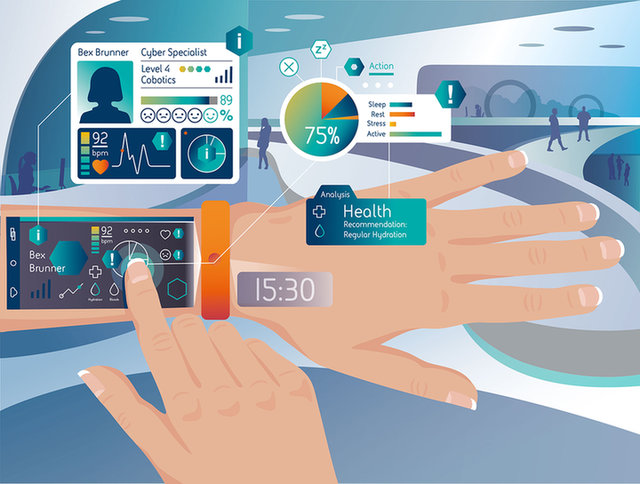
What the expert says:
"These technologies no doubt have a wider application within the workplace with smarter ways of working and the ability to ensure employees are both productive and satisfied in their work. To be at the forefront of this kind of technology, I’d recommend a strong grounding in STEM subjects."
Mark Bowman, director of flight operations, BAE Systems
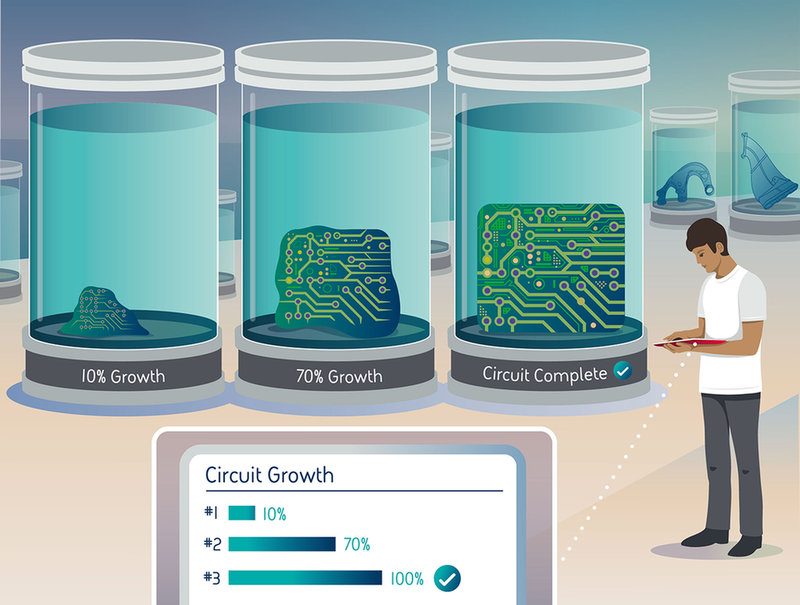
What the expert says:
"In the 2040s it could be possible to grow a car, boat or aircraft through a series of chemical reactions in a lab and we will need chemists and biologists to oversee this unique way of manufacturing. What we are looking for at BAE Systems is those with a real passion for STEM subjects who are ever keen to learn. With new technologies there has never been a more exciting time to learn – and keep learning throughout your career."
Nick Colosimo, principal technologist, BAE Systems
BAE Systems is looking for a...
Systems farmer
Job profile
As a systems farmer, you will combine you2r experience in synthetic biology and chemical engineering to produce ‘growing’ macroscale multi-function parts, such as electrical circuits, with desirable nanoscale features.
Known as chemputing, the mechanical components you grow will be have significant material benefits, including the ability to sense, process and harvest energy, and even potentially self-repair. An example of a component you will develop is extremely strong yet lightweight synthetic parts for aircraft or vehicles to maintain durability while reducing fuel consumption.
What we are looking for
The successful candidate will have experience in the fields of biotechnology and chemical engineering, and will be able to use bioengineering processes to create manufactured mechanical components. You will be responsible for the growth and development of parts, as well as providing oversight throughout the process, and fine-tuning to deliver optimal results.
In addition, you will have the following skills:
- Proven ability to identify problems and respond quickly
- Strong organisational skills and attention to detail
- Much like conventional farming, patience is a necessity.
Education and qualifications
A degree in synthetic biology or similar subject, such as biotechnology, genetic engineering, systems biology, chemical and biological engineering or electrical and computing engineering or other STEMsubjects, is essential. Experience in growing organic or synthetic matter is beneficial – whether that be in the laboratory or within the agricultural industry.
Join our team as an...
AI translator
Your profile
As an AI translator, you will be working in the field of ‘cobotics’ – helping to bridge the gap between humans and robots and fostering an effective partnership.
You will support the training of humans to use the latest AI and automation technology and help the robotic assistant to understand and ‘learn’ bespoke commands of its human and tailoring it to their personal needs. You will also be responsible for spotting and correcting machine and human errors.
What we are looking for
The successful candidate will have prior experience in the fields of robotics and automation, and will be well-versed in machine learning and computer modelling. You will also need great communication skills and should be able to explain complex AI systems to workers with varying abilities, and teach them how to interact with their AI assistant in a way that best mitigates errors.
In addition, you will have the following skills:
- A keen eye for spotting system errors and formulating a quick response
- Demonstrable experience of creating personalised systems for workers
- Experience in leading team-building exercises
Education and qualifications
A completed university degree in robotics or automation is desirable. Candidates with a strong grasp of cyber studies will be preferred, as will those with prior teaching or training experience.
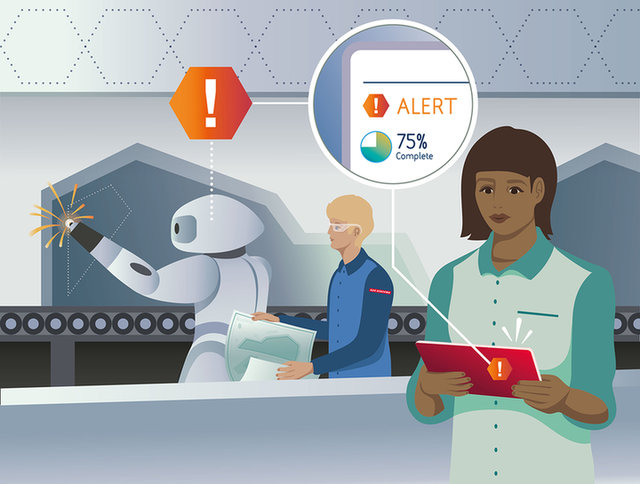
What the expert says:
"There will be a demand for those who can get ‘under the hood of’ and translate complex systems - whether that is for autonomous vehicles, future medical systems or financial systems. Skills needed for this role will involve a background in cyber and we are actively looking for self-starters who are passionate about this domain."
Adrian Nish, head of threat intelligence and applied intelligence, BAE Systems
